Call Us
08045814219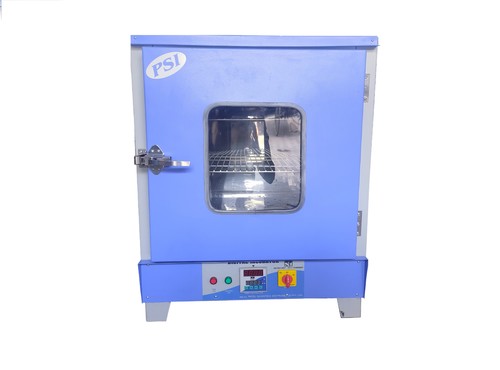
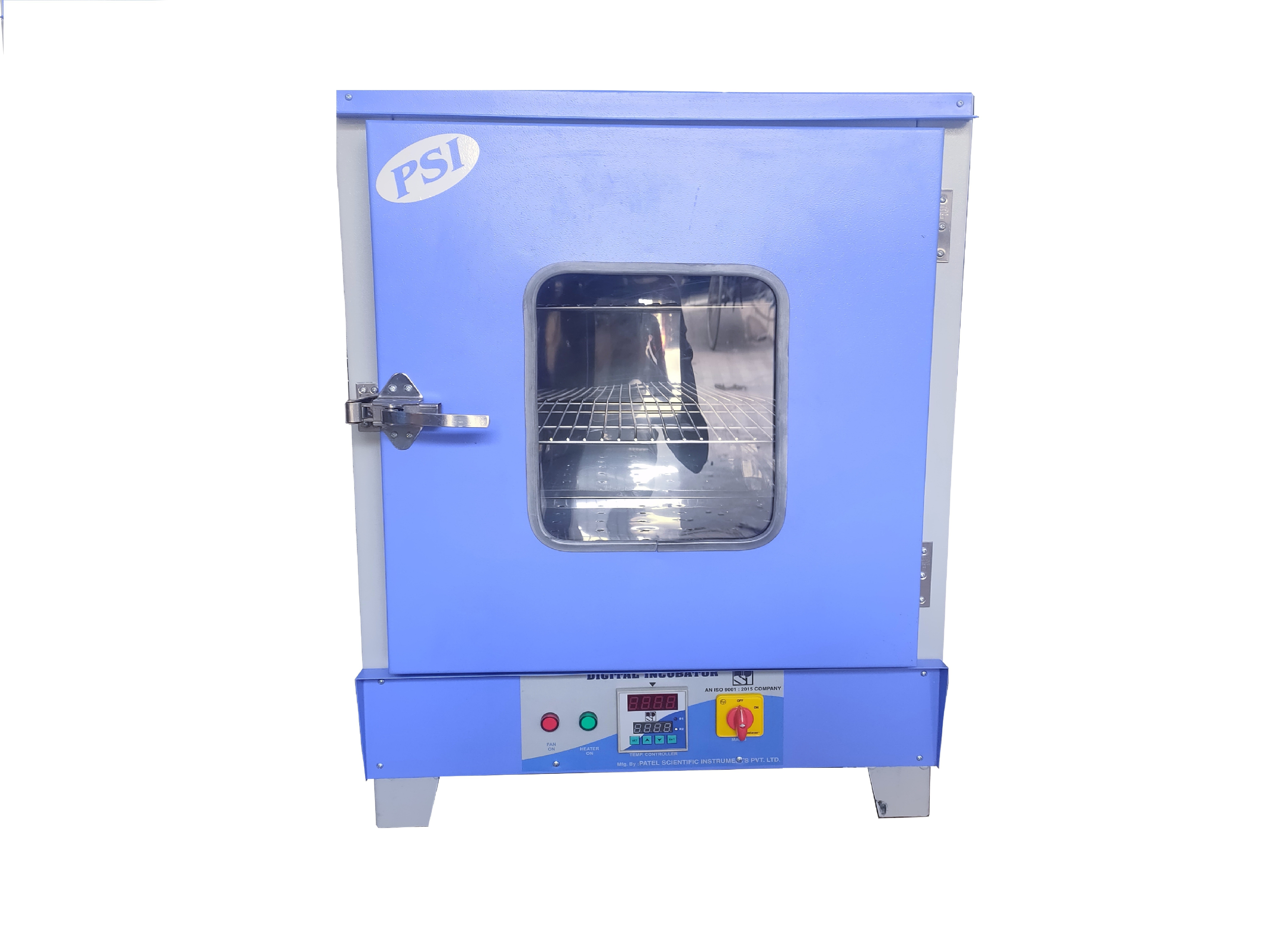
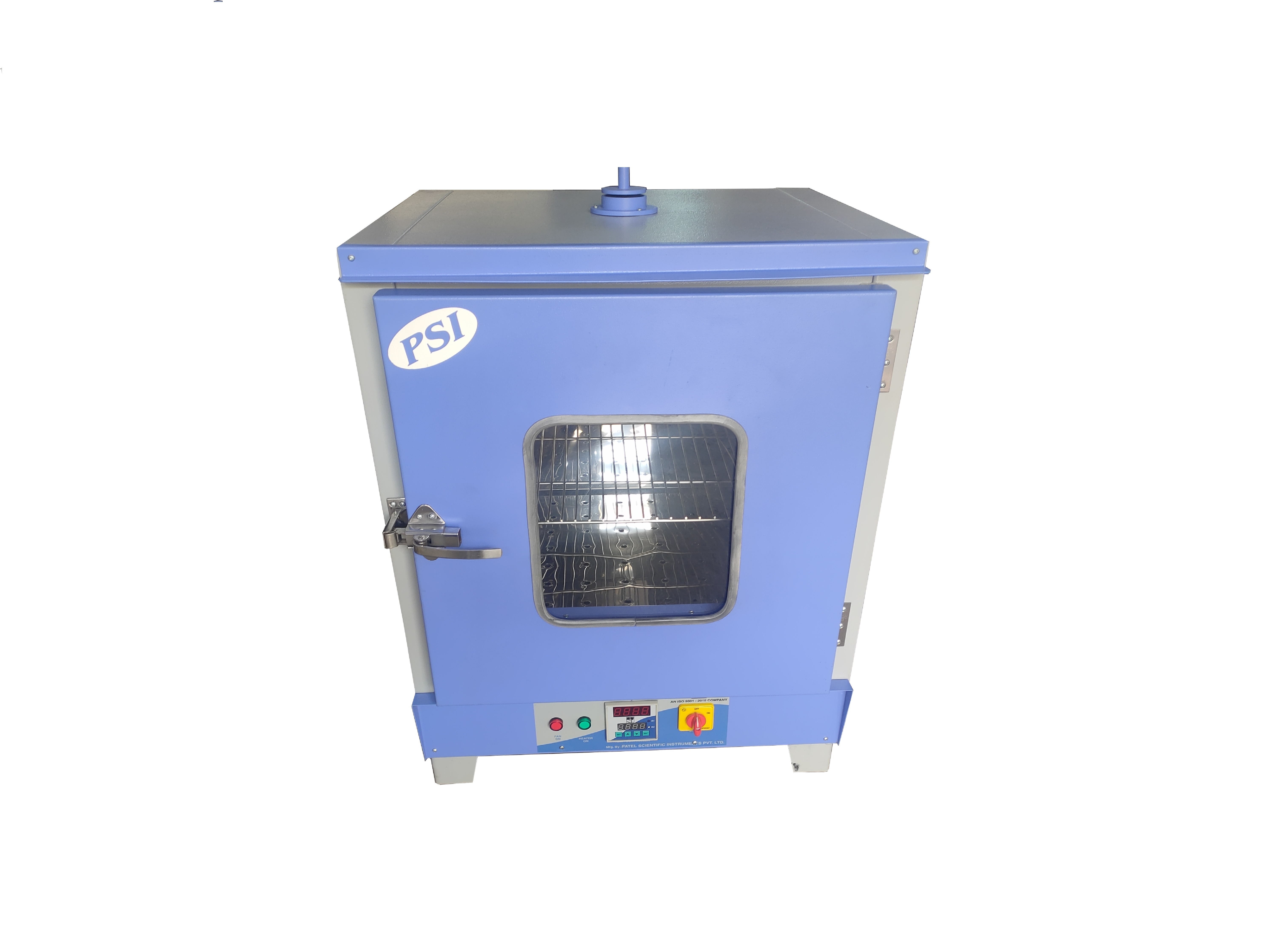
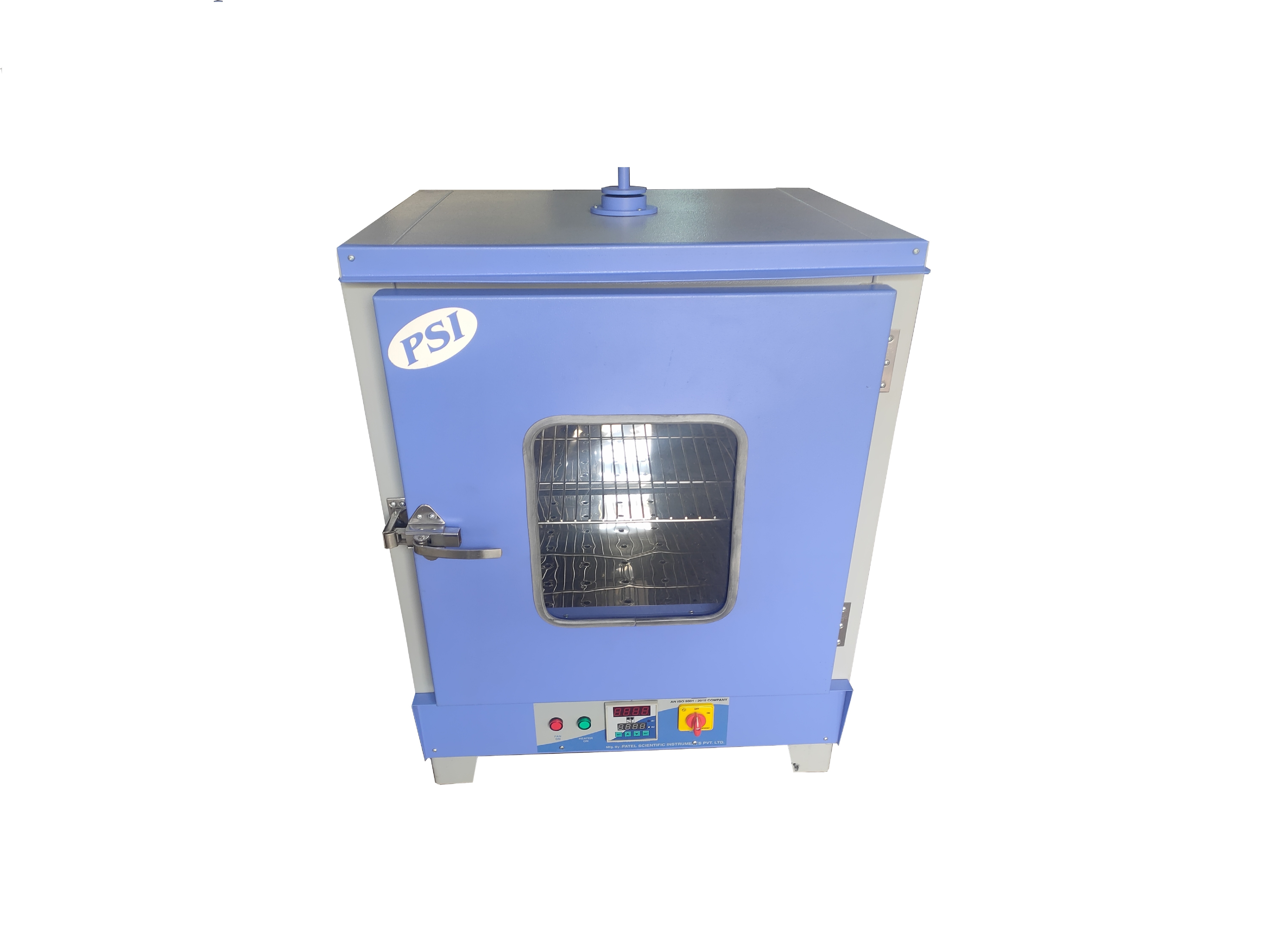
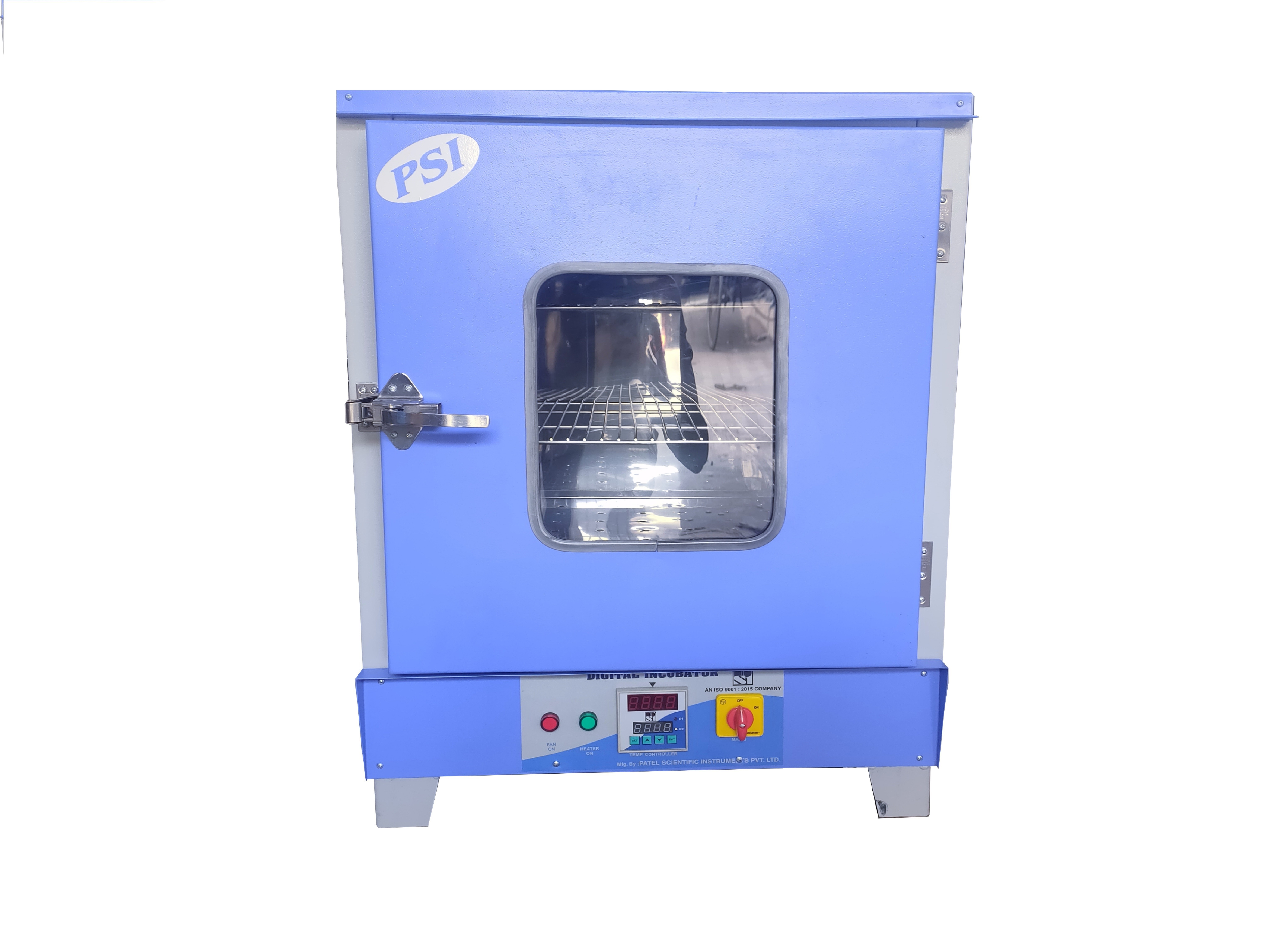
Bacteriological Incubator
23000 INR/Piece
Product Details:
- Usage LABORATORY EQUIPMENT
- Product Type LABORATORY EQUIPMENT
- Color Blue
- Equipment Materials S.S or M.S Powder coated
- Material METAL
- Application LABORATORY EQUIPMENT
- Warranty 1 Year
- Click to view more
X
Bacteriological Incubator Price And Quantity
- 23000 INR/Piece
- 1 Piece
Bacteriological Incubator Product Specifications
- Blue
- LABORATORY EQUIPMENT
- LABORATORY EQUIPMENT
- 1 Year
- LABORATORY EQUIPMENT
- METAL
- S.S or M.S Powder coated
Bacteriological Incubator Trade Information
- Ahmedabad
- Cash on Delivery (COD) Cash Against Delivery (CAD) Cheque Cash Advance (CA)
- 10 Piece Per Month
- 1 Week
- Yes
- Contact us for information regarding our sample policy
- WOODEN BOX
- All India
Product Description
A bacteriological incubator is a specialized piece of laboratory equipment designed to provide controlled conditions for the cultivation and growth of microorganisms, particularly bacteria. The primary purpose of a bacteriological incubator is to create a stable and controlled environment, including temperature, humidity, and sometimes even carbon dioxide levels, to support the optimal growth of microorganisms for research, testing, or other scientific purposes.
Bacteriological Incubator Specifications:
1. Heat up Time: 45 min
2. Internal Chamber: Stainless Steel
3. Uniformity: + / 1%
4. Ventilator: Adjustable Type
5. Insulation Thickness: 65 mm
6. Material grade: SS304
7. Accuracy: +/-0.5 degree centigrade
8. Temperature Range: 40 to 100 degree centigrade
9. Chamber Volume: 250 Litre
Key features of a bacteriological incubator include:
1. Temperature Control: Bacteriological incubators maintain a constant and controlled temperature typically ranging from 20 to 45 degrees Celsius, which is suitable for the growth of many types of bacteria.
2. Humidity Control: Some incubators are equipped with humidity control features to create a specific level of moisture in the incubation chamber. This is particularly useful for organisms that require higher humidity levels for optimal growth.
3. Sterilization: Many bacteriological incubators have built-in mechanisms for sterilization, such as infrared or UV lights, to prevent contamination and ensure aseptic conditions within the incubator.
4. Ventilation: Proper ventilation is essential to maintain uniform conditions inside the incubator and to prevent the accumulation of metabolic byproducts released by growing microorganisms.
5. Shelving and Interior Design: The interior of the incubator is usually designed to accommodate shelves or trays for placing culture plates, flasks, or other containers. The shelving configuration allows for optimal air circulation around the samples.
Applications of Bacteriological Incubator:
1. Bacterial Culture: Bacteriological incubators are used extensively in microbiology laboratories for the cultivation of bacteria. Researchers can create specific conditions, such as temperature and humidity, to promote the growth of bacterial cultures for further analysis, identification, or experimentation.
2. Cell Culture: In addition to bacteria, bacteriological incubators are used for the cultivation of eukaryotic cells in cell culture studies. Maintaining a controlled environment is crucial for the growth and maintenance of cell lines used in biomedical and pharmaceutical research.
3. Microbial Research: Scientists use bacteriological incubators to conduct various microbial studies, including the investigation of microbial physiology, metabolism, and genetics. These studies help researchers better understand the behavior of microorganisms and their interactions with different environmental factors.
4. Clinical Diagnostics: Bacteriological incubators play a vital role in clinical laboratories for culturing and identifying pathogenic microorganisms from patient samples. They are used in diagnostic microbiology for identifying the causes of infections and determining the appropriate treatment.
5. Biotechnology and Industrial Processes: In biotechnological and industrial applications, bacteriological incubators are employed for the production of microbial products such as enzymes, antibiotics, and vaccines. The controlled environment ensures optimal conditions for the growth of microorganisms used in various industrial processes.
6. Quality Control in Food and Beverage Industries: Bacteriological incubators are used in the food and beverage industries for quality control purposes. Microbiologists use these incubators to culture and test samples for the presence of spoilage or pathogenic microorganisms that may affect the safety and quality of food products.
7. Environmental Microbiology: Researchers studying environmental microbiology use bacteriological incubators to simulate specific environmental conditions. This allows them to investigate the impact of temperature, humidity, and other factors on the growth and survival of microorganisms in different ecosystems.
8. Pharmaceutical Research: In pharmaceutical research, bacteriological incubators are employed for testing the efficacy of antimicrobial agents and evaluating the susceptibility of microorganisms to different drugs. This helps in the development of new antibiotics and pharmaceutical products.
9. Seed Germination Studies: Bacteriological incubators are sometimes used in botanical research for seed germination studies. Researchers can control the temperature and humidity to create optimal conditions for studying the germination process of various plant seeds.
Bacteriological Incubator FAQ:
Q. What is a bacteriological incubator?
Ans: A bacteriological incubator is a laboratory instrument designed to provide controlled conditions for the growth and cultivation of microorganisms, particularly bacteria. It maintains a stable environment of temperature, humidity, and sometimes carbon dioxide to support the optimal growth of microorganisms.
Q. What are the key features of a bacteriological incubator?
Ans: Key features include temperature control, humidity control, sterilization mechanisms, ventilation for proper air circulation, and shelving for sample placement.
Q. What is the temperature range of a typical bacteriological incubator?
Ans: The temperature range of a bacteriological incubator typically falls between 20 to 45 degrees Celsius, although some models may have a broader range.
Q. Why is humidity control important in a bacteriological incubator?
Ans: Humidity control is important for microorganisms that require specific moisture levels for optimal growth. Some experiments or cultures may benefit from higher humidity conditions.
Q. How is sterilization achieved in a bacteriological incubator?
Ans: Sterilization in a bacteriological incubator can be achieved through various means, such as infrared or UV lights. These mechanisms help prevent contamination and maintain aseptic conditions.
Q. What types of samples are typically cultured in bacteriological incubators?
Ans: Bacteriological incubators are used for culturing various microorganisms, including bacteria, yeast, and fungi. They are also used in cell culture studies for eukaryotic cells.
Q. What is the role of bacteriological incubators in clinical laboratories?
Ans: In clinical laboratories, bacteriological incubators are used for culturing patient samples to identify and study pathogenic microorganisms responsible for infections.
Q. How are bacteriological incubators used in industrial processes?
Ans: In industrial applications, bacteriological incubators are employed for the production of microbial products, such as enzymes, antibiotics, and vaccines. They provide controlled conditions for optimizing microbial growth in industrial processes.
Q. Can bacteriological incubators be used in environmental studies?
Ans: Yes, bacteriological incubators are used in environmental microbiology studies to simulate specific environmental conditions. Researchers use them to investigate the behavior of microorganisms in different ecosystems.
Q. Are there different sizes of bacteriological incubators?
Ans: Yes, bacteriological incubators come in various sizes, ranging from small benchtop units for individual experiments to larger models for high-capacity or industrial applications.
Q. How do bacteriological incubators contribute to pharmaceutical research?
Ans: Bacteriological incubators are used in pharmaceutical research for testing the efficacy of antimicrobial agents, evaluating microbial susceptibility to drugs, and developing new antibiotics and pharmaceutical products.
Q. Can bacteriological incubators be used for seed germination studies?
Ans: Yes, some researchers use bacteriological incubators for seed germination studies, especially in botanical research. The controlled environment helps in studying the germination process of various plant seeds.
Tell us about your requirement

Price:
Quantity
Select Unit
- 50
- 100
- 200
- 250
- 500
- 1000+
Additional detail
Mobile number
Email
We are dealing only in North India (West Bengal, Andhra Pradesh, Bihar, Chandigarh, Chhattisgarh, Dadra and Nagar Haveli, Daman and Diu, Goa, Gujarat, Haryana, Madhya Pradesh, Maharashtra, Uttar Pradesh, Rajasthan, Uttarakhand)
.








